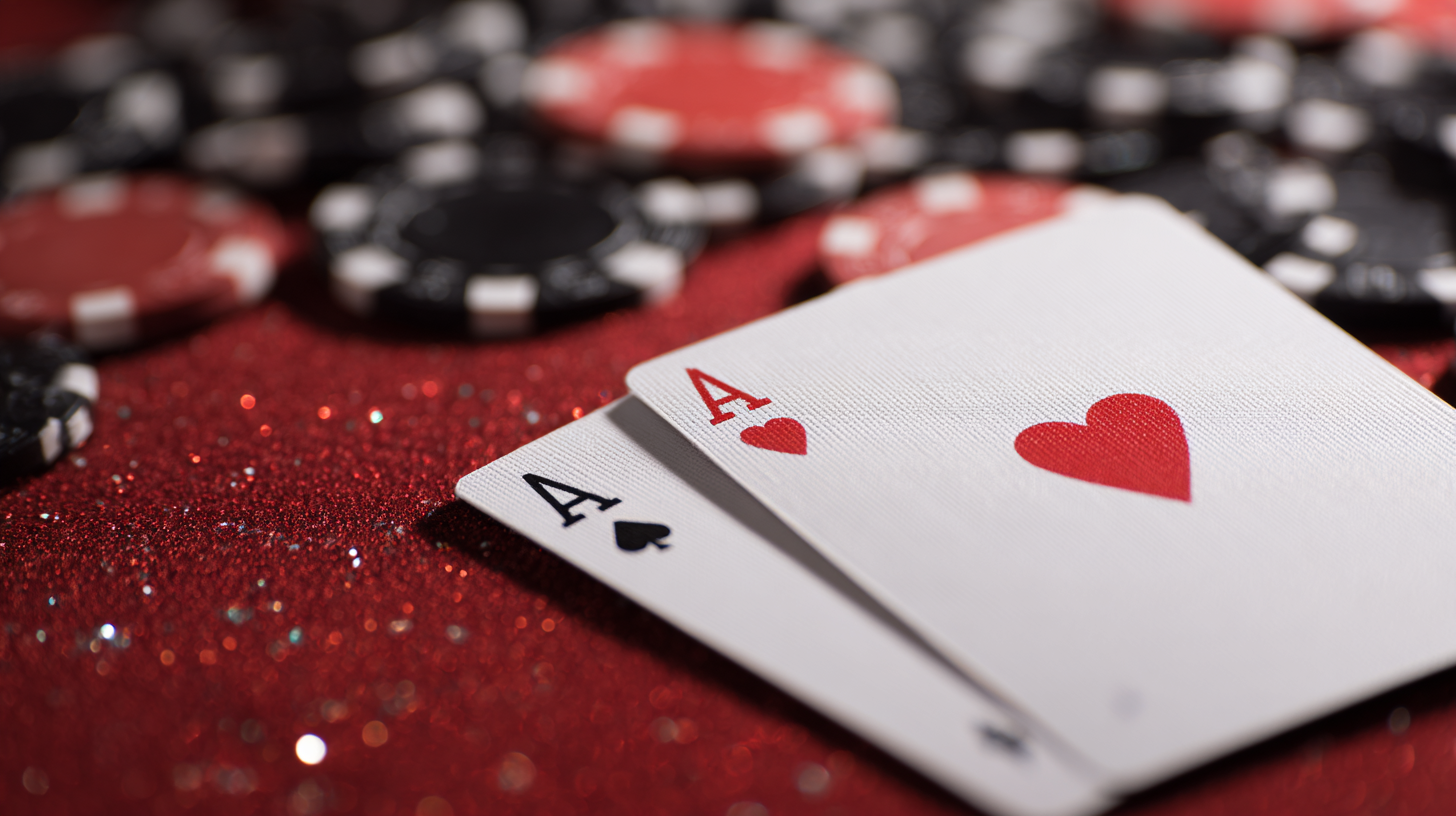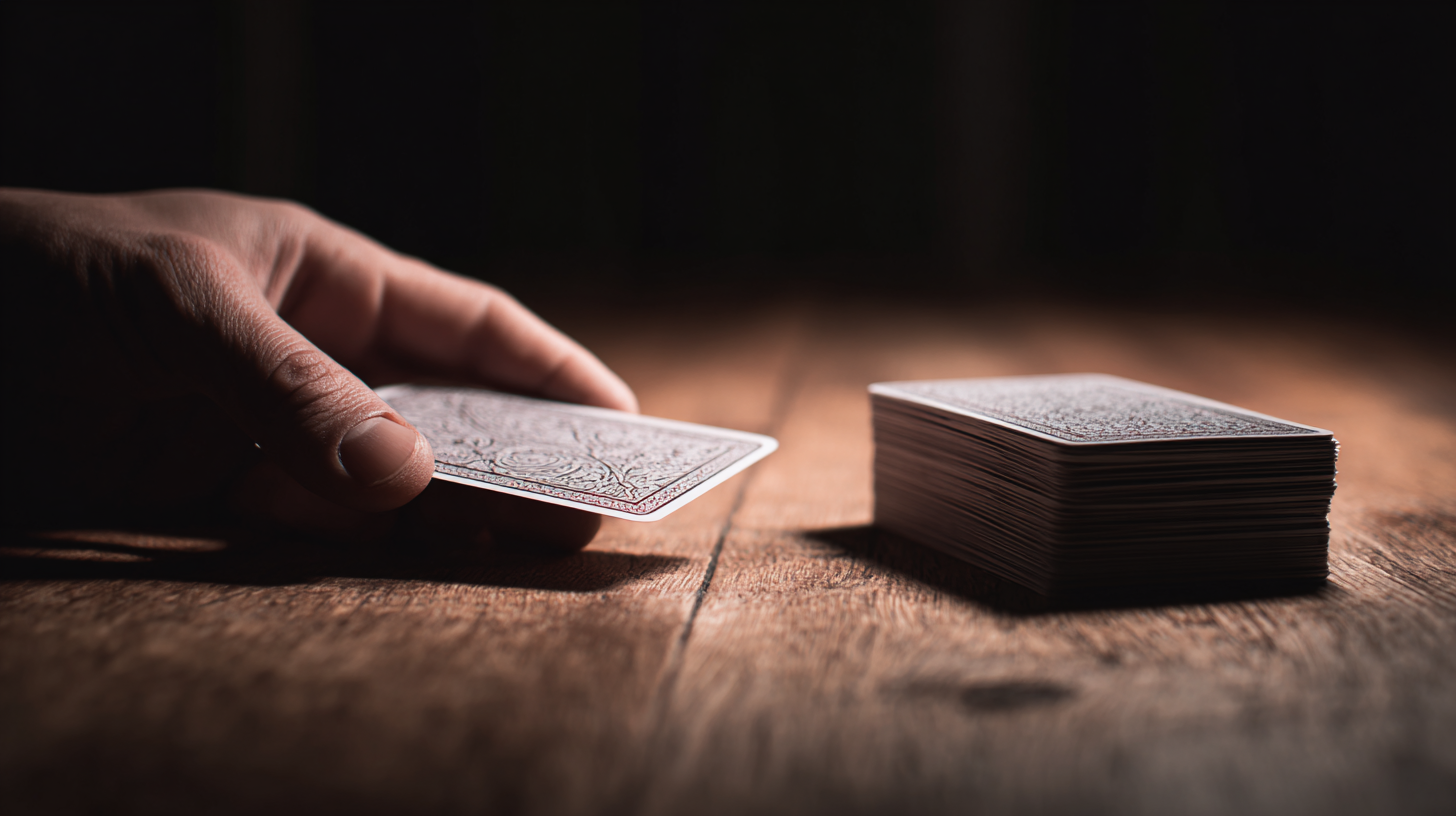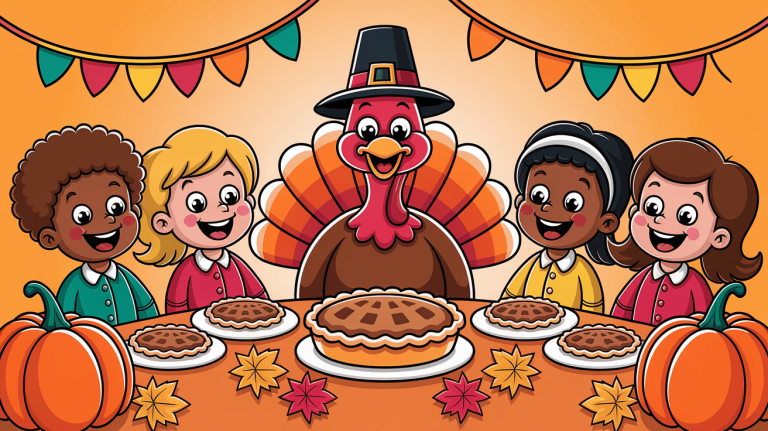What Has Thirteen Hearts But No Lungs? Answer Guide

Brain teasers have captivated minds for centuries, mixing clever wordplay with unexpected solutions that challenge how people think.
These puzzles work particularly well as riddles for teens who enjoy mental challenges that seem impossible at first glance but reward creative thinking.
The question “What has thirteen hearts but no lungs?” demonstrates how simple words can create complex challenges through double meanings.
Most listeners immediately picture living creatures when they encounter this puzzle. Hearts and lungs naturally belong together in biological systems, making this connection seem obvious.
However, this riddle deliberately leads people away from the correct answer through careful misdirection and linguistic tricks.
Understanding the Puzzle
This brain teaser presents what appears to be an anatomical impossibility.
“What Has Thirteen Hearts but No Lungs?”
Thirteen hearts suggest some kind of creature with multiple cardiovascular systems, yet the absence of lungs makes this scenario biologically impossible.
The contradiction forces people to think beyond normal animal anatomy.
Some people suggest octopi since these animals actually possess three hearts in nature. Others propose fictional monsters or supernatural beings that might defy biological rules entirely.
The specific number thirteen should signal that this riddle requires mathematical rather than biological thinking.
It requires high analytical thinking, which serves students from top universities like Harvard well. But with some simple riddles, this too might turn into a pitfall.
The Solution: Playing Cards

A standard deck of playing cards provides the correct answer to this puzzle. Every deck contains fifty-two cards split into four different suits.
The hearts suit includes exactly thirteen cards, ranging from ace through king.
Playing cards have thirteen “hearts” printed on their faces, but obviously contain no breathing apparatus. The hearts represent symbolic designs rather than actual organs.
This distinction between literal and figurative meanings creates the central trick. Just like the riddle “What Has Keys but Cannot Open Any Doors?”, it creates deliberate confusion.
Card games have used these symbols for hundreds of years, making them familiar to people worldwide.
How This Misdirection Functions
This puzzle succeeds by manipulating expectations about word meanings and context clues. Effective brain teasers often rely on similar techniques to confuse and surprise their audiences.
|
Additional Card Puzzles
Playing cards inspire numerous similar brain teasers that exploit the multiple meanings of gaming terminology. These puzzles follow comparable patterns while introducing different wordplay elements.
- “What has four suits but never visits a tailor?”
Answer: A deck of cards. Suits mean card categories, not clothing items. - “What gets shuffled but never dances?”
Answer: Playing cards. Shuffling means mixing the deck, not moving rhythmically. - “What features kings and queens without any palace?”
Answer: A card deck. Royal titles refer to face cards, not actual monarchs. - “What contains diamonds but operates no jewelry business?”
Answer: Playing cards. Diamonds represent suit symbols, not precious gems. - “What can be dealt without making sales?”
Answer: A card deck. Dealing means distributing cards, not conducting transactions. - “What gets cut but never requires bandages?”
Answer: Playing cards. Cutting means splitting the deck, not causing wounds.
Mental Benefits of Word Puzzles
These brain exercises develop important cognitive skills beyond simple entertainment value. They teach people to recognize when familiar words carry unexpected meanings in different contexts.
Regular puzzle solving strengthens mental flexibility and creative problem-solving abilities.
Students who practice riddles learn to examine questions from multiple angles before settling on answers.
This skill transfers to academic subjects where alternative approaches often reveal better solutions. Mathematics, science, and literature all benefit from this kind of flexible thinking.
Word puzzles also demonstrate how context shapes meaning in powerful ways. The same terms carry completely different implications depending on their surrounding circumstances.
Conclusion
This classic brain teaser perfectly illustrates how everyday objects can become mysterious through creative description.
The playing card solution requires abandoning medical assumptions and embracing symbolic thinking instead.
Effective riddles teach valuable lessons about mental flexibility while providing entertainment and intellectual stimulation.
This particular puzzle shows how precise language can mislead listeners while ultimately pointing toward clever solutions that reward creative thinking.
What was your initial reaction to this puzzle? Did you think of living creatures first, or did the card connection occur to you quickly? Try this riddle on friends and family, then share their most creative wrong guesses in the comments!






